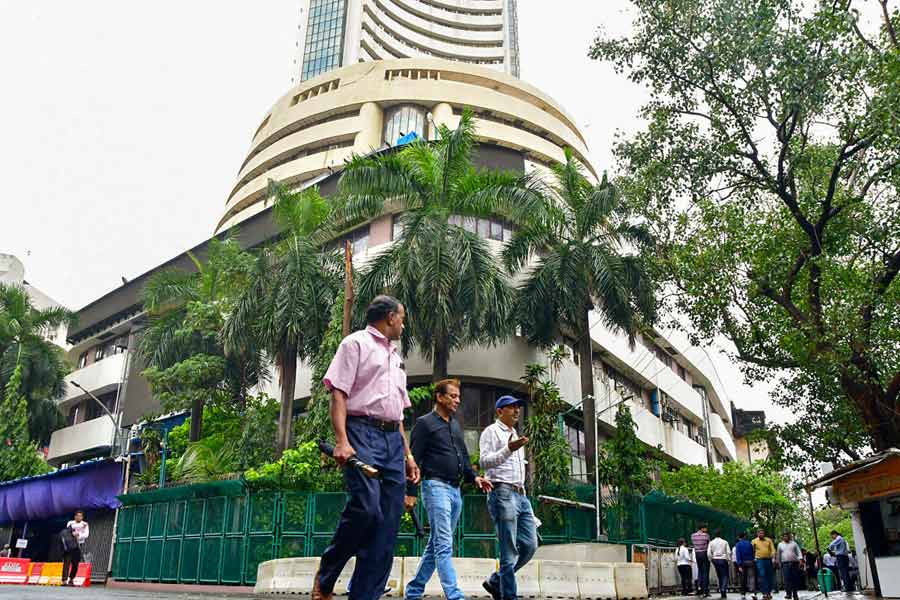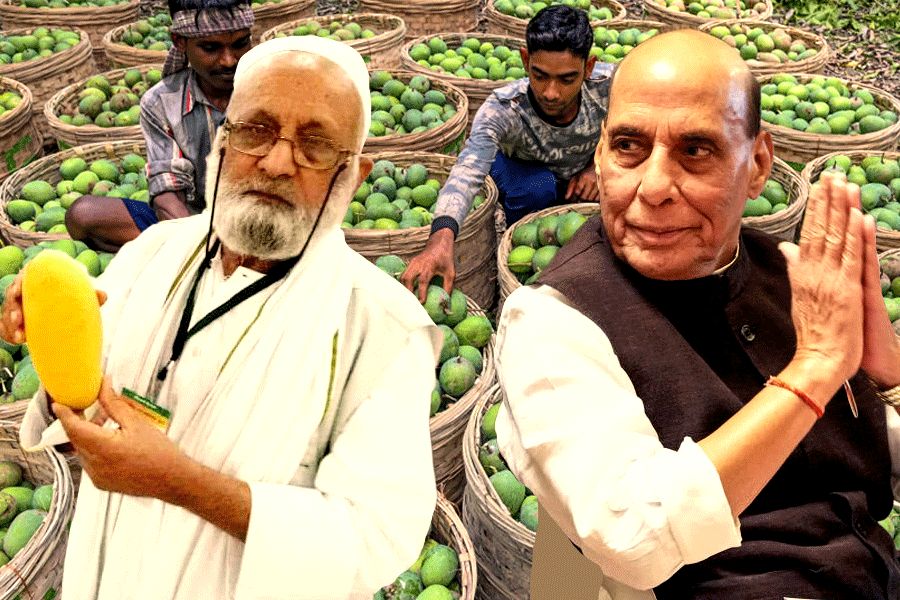Ranchi, Dec. 8: The December showers have raised hopes of good Rabi crops, after an errant monsoon left farmers in the lurch with poor paddy yield.
While the showers have come as a blessing for farmers growing wheat, pulses, oil seeds, tubers and vegetables like peas, beans, cabbage, cauliflower and ladies finger, agriculture scientists have, however, warned that if the rainfall increases, the same crops stand to be damaged.
“There is little water in the ponds and wells of the farmers this year due to the drought. This rain will help them save water and grow Rabi crops,” said R.P. Singh Ratan, director of extension education in Birsa Agriculture University, Kanke.
Since last morning, it has been raining in the state due to a cyclonic circulation over Gangetic Bengal, which has now moved into Jharkhand. Till this evening, the state capital had received 7mm and Jamshedpur 5.6 mm of rain.
Though winter rain is unusual in Jharkhand, the Met office predicted wet weather over the next 48 hours. Ranchi Met office director G.K. Mohanty said cloudy skies with intermittent rainfall will persist over the state for the next two days.
Due to poor monsoons this year, only 4.09 lakh hectares out of an available 16.92 lakh hectares could be used for kharif cultivation. Paddy production was hit badly, resulting in depleting foodgrain.
“In order to compensate drought-hit farmers, the state agriculture department wants to help them grow wheat over 1.2 lakh hectares, masoor dal on 1.3 lakh hectares, gram on 1.5 lakh hectares, mustard over 1.3 lakh hectares and peas on 30,000 hectares. This rain will certainly help farmers,” said deputy director of agriculture department Herman Minz. With only 11 per cent of total cultivated land in the state having access to irrigation facilities, private wells and ponds are the only recourse for farmers. The agriculture deputy director said farmers till now have sown wheat only 30 per cent of the conceived 1.2 lakh hectares. He said the rain had increased the moisture content of the soil making it ready for tilling and sowing rabi crops.
Wheat, pulses and oil seeds apart, vegetables too stand to gain from the showers. “Soil moisture is beneficial for peas and beans. The farmers will not have to irrigate their land for the next 10 days due to this moisture,” said Ram Prasad Mehta, general secretary of Jharkhand Agri-producers’ Association.










